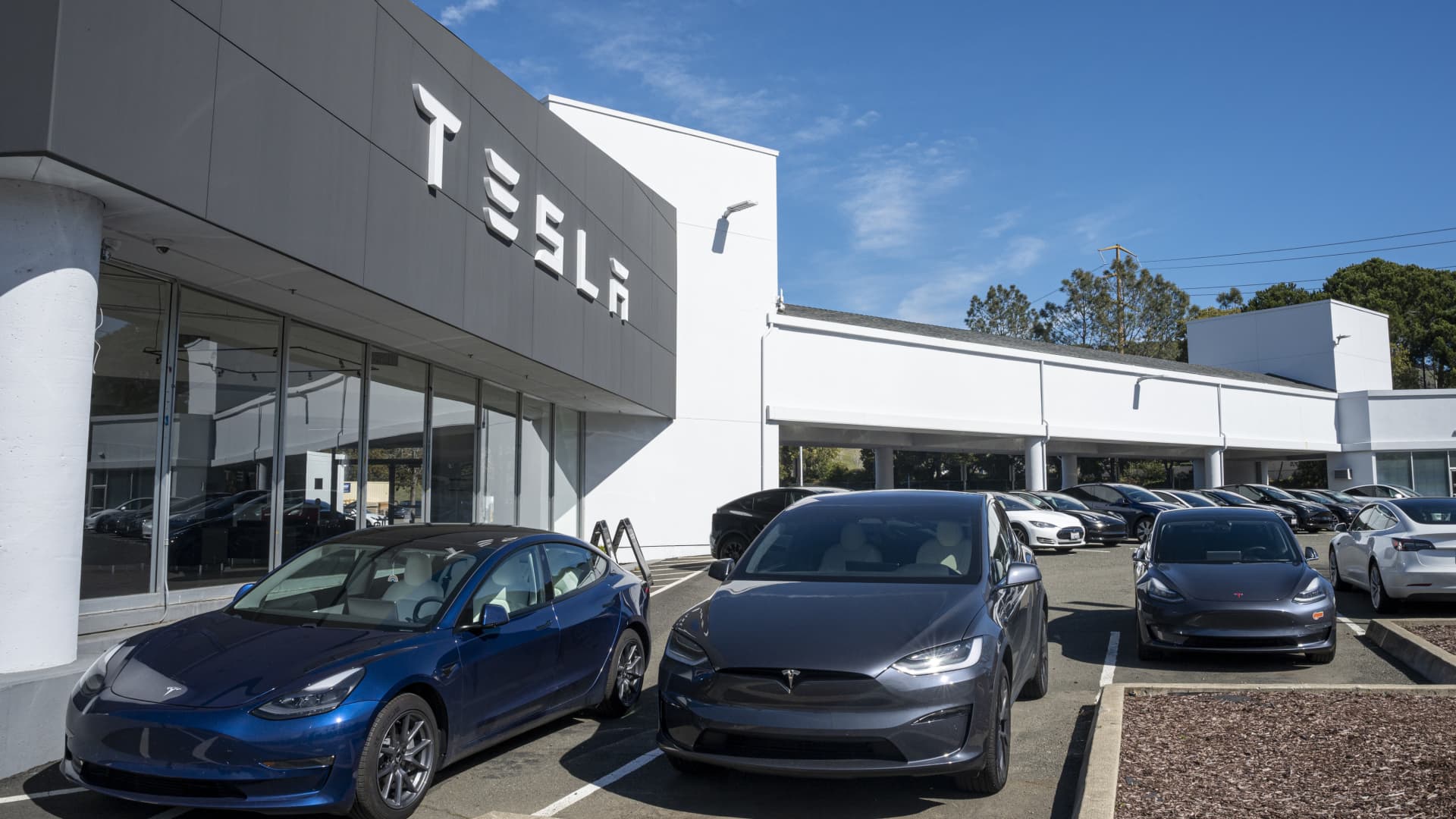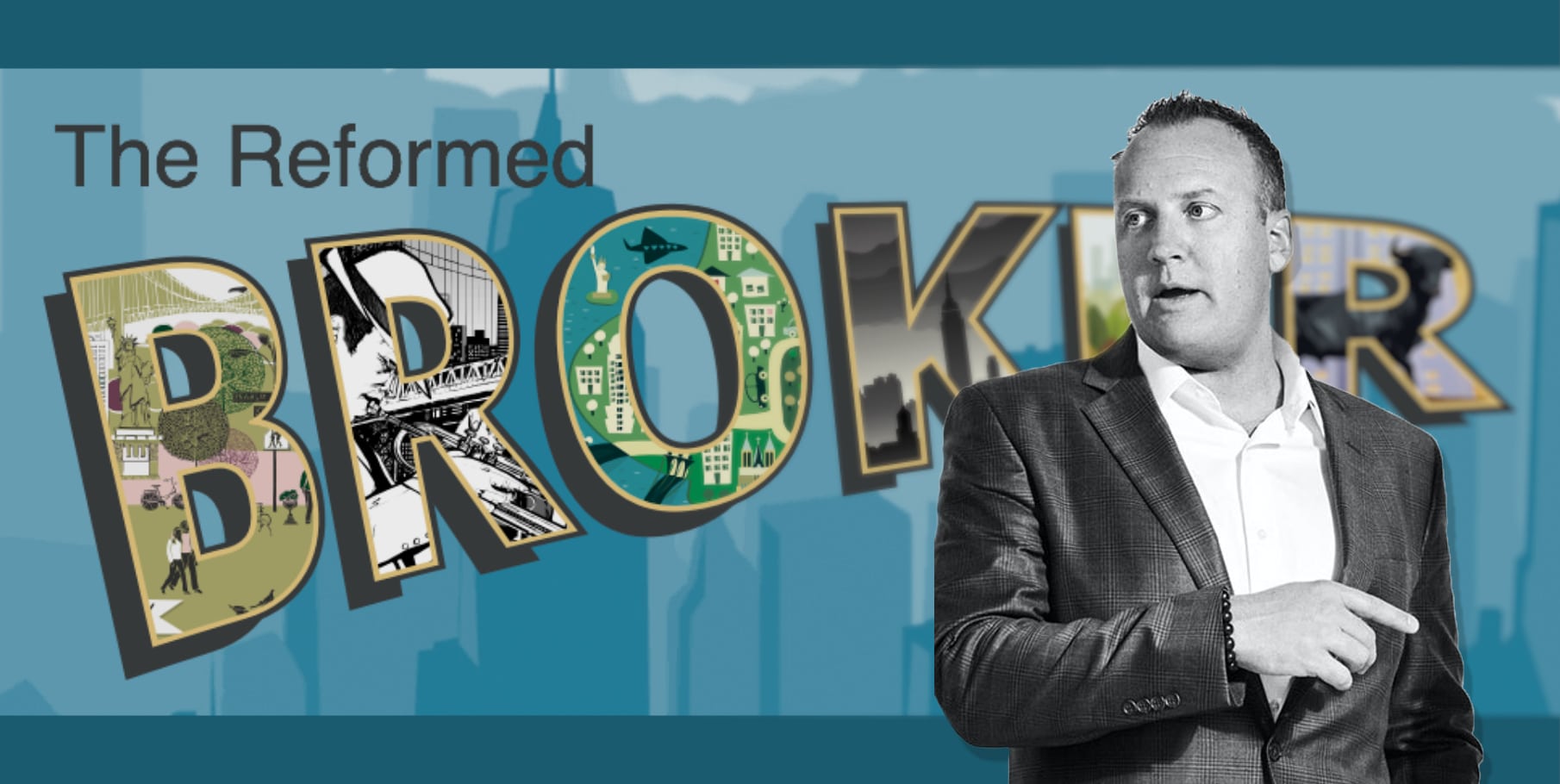In a National Review article documenting the failure of steel and aluminum tariffs to accomplish their stated goals, my friend and GMU classmate Dominic Pino writes:
The case for protectionism can be framed as the government making you a little poorer for your own good. The problem is that the ‘making you a little poorer’ part usually happens, and the ‘for your own good’ part usually does not.
I, too, have documented the failure of the protectionist tariffs started under the Trump Administration and perpetuated under the Biden Administration in accomplishing their stated goals. Jobs have not been created, new firms have not come about, production has not expanded. Americans are paying significantly more for various goods and services, but are not getting the supposed benefits from protectionism.
And let us consider an older piece of protectionist legislation: the Jones Act. Despite being in continuous operation for over a century, the Jones Act has utterly failed to protect and promote American shipbuilding capacity. Indeed, shipbuilding capacity is lower now in 2024 than when the Act was passed in 1920. Even Adam Smith argues that national defense is a justification for tariffs (“As defence, however, is of much more importance than opulence, the act of nation is, perhaps, the wisest of gall the commercial regulations of England”). But why is it that opulence is sacrificed but defense not generated?
Let us consider the typical argument for protectionism from an economic point of view: the higher prices from the tariff should induce domestic suppliers to produce more even while domestic consumers consume less. The decline in consumption comes from fewer imports and not domestic production. So far, so good. Some “opulence” is sacrificed through higher prices, but at least producers can produce and sell more!
But this argument is from a very limited perspective. The supply and demand model is powerful, but it is also static. It rests on a ceteris paribus (“all else held equal”) assumption, but the ceteris is not paribus for long. As things change, the protection afforded by tariffs weakens. Indeed, the protection weakens because of the tariffs. Tariffs sow the seeds of their own destruction.
In economics, we all know the Law of Demand: there is an inverse relationship between quantity demanded and price. But there is another Law of Demand, sometimes referred to as the 2nd Law of Demand: the longer a price remains relatively high, the more sensitive consumers become to a change in price, and the more they search out or develop substitutes. Eventually, it is possible that a sufficient number of substitutes come about that the demand curve for the product starts to fall as fewer individuals participate in the market. Since protectionist tariffs intentionally raise prices, the good under protection becomes subject to this 2nd Law of Demand and consumers can eventually start shifting away, meaning that the tariff itself leads to the industry being smaller than it otherwise would.
We have seen this outcome with the Jones Act. With marine shipping between American ports relatively expensive, both because of the Jones Act’s requirements and the dwindling number of Act-compliant ships, other forms of transportation have arisen. In particular, over-land shipping (trucking, rail, pipelines, etc.) and air have become more popular. In some cases, states have turned to international trade because importing is cheaper than paying domestic shipping rates. For example, Massachusetts imports much of its oil and natural gas from countries like Russia because the Jones Act makes it prohibitively expensive to ship energy from American ports along the Gulf of Mexico. As these new substitutions take on a larger and larger role, the demand for Jones Act compliant ships has fallen. The Jones Act seems to have weakened national defense and shipbuilding capabilities, rather than protect it.
To what extent the 2nd Law of Demand plays empirically, I do not know. There may be more important factors at play. It’s an empirical question. But what is an empirical fact: protectionism fails in its stated goals.
Jon Murphy is an assistant professor of economics at Nicholls State University.















